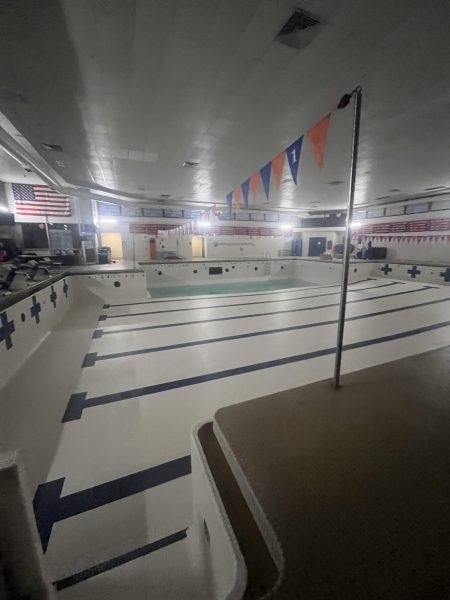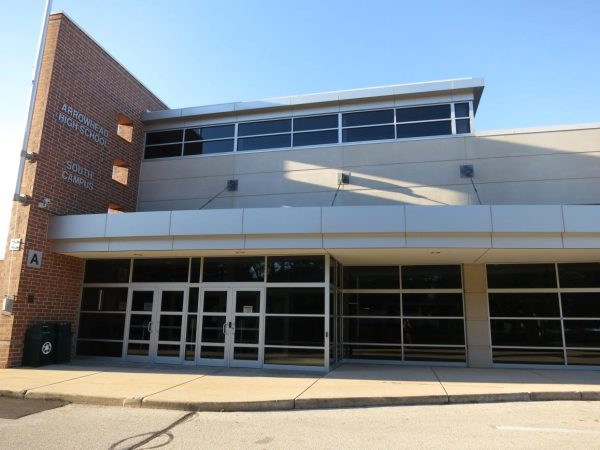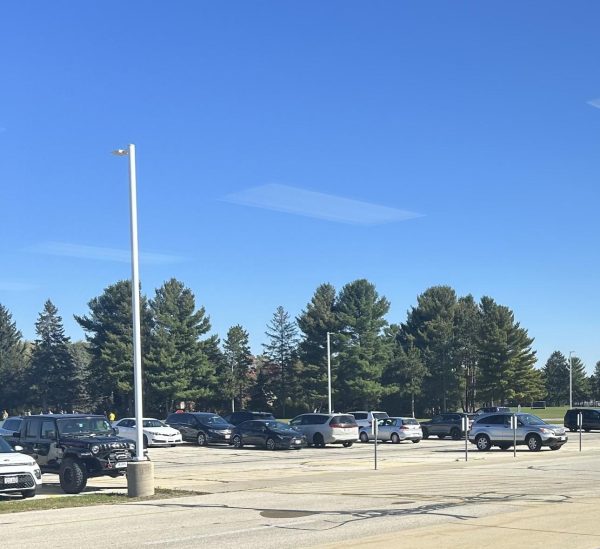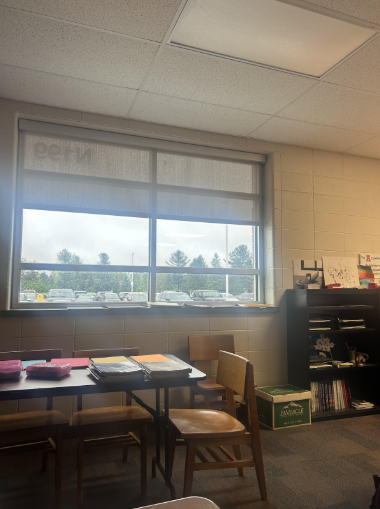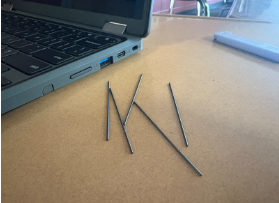Students Utilize Online and Social Media as Primary News Outlets
With 2016 being an election year, students at Arrowhead High School use various news outlets and sources to gather information. Students acquire news primarily through online sites and via social media they say.
“I just look at Twitter and get my news there,” says senior JT Smith.
“Looking at social media is just much more convenient since I’m going there to check everything else already,” senior Brian Griesmaier said.
Using online news sources is prevalent among high school students, not only at Arrowhead, but at other schools and regions as well. According to Government in America, the 2014 published College Board textbook by George C. Edwards (Texas A&M University) and Martin P. Wattenburg (University of California Irvine), “People with limited political interest will likely not be motivated to use the Internet to look up detailed information on politics very often.”
“I like to use online [sources] better because it’s more detailed than just a headline on social media or television and I don’t have to sit down at a scheduled time to get the news. I do also like use social media a lot too though because of its convenience and it’s easy to save a post and come back to read it later if I don’t have time to read it when I initially see it,” Arrowhead social studies teacher Tamara Varsos said.
Arrowhead senior Riley Smeaton said, “One of the big reasons social media and online news sources are better for people our age is because we’re always so busy with homework, work, and sports, that it doesn’t even cross our minds to tune into a news program on TV. As for the papers, it seems like only the older generations look to the newspaper for information. What Internet and social media have that TV and newspaper don’t is the immediate notifying the second something happens. Newspaper you have to wait until the next day and TV you’re awaiting a scheduled time slot. If I really want a more thorough analysis of a story I can look at the CNN or FOX websites. ”
“I pretty much only go online for news, but stuff online and on social media tend to have more of a bias sway than TV and newspaper, or at least I think. That being said, you’re more likely to get more of the direct facts than someone’s agenda, on political issues at least. And for the newspapers and some TV programs, there is a lot more accountability and credibility within the contents of the information. Much more so than on the Internet,” senior Bronson Esteves said.


